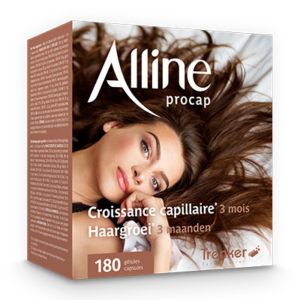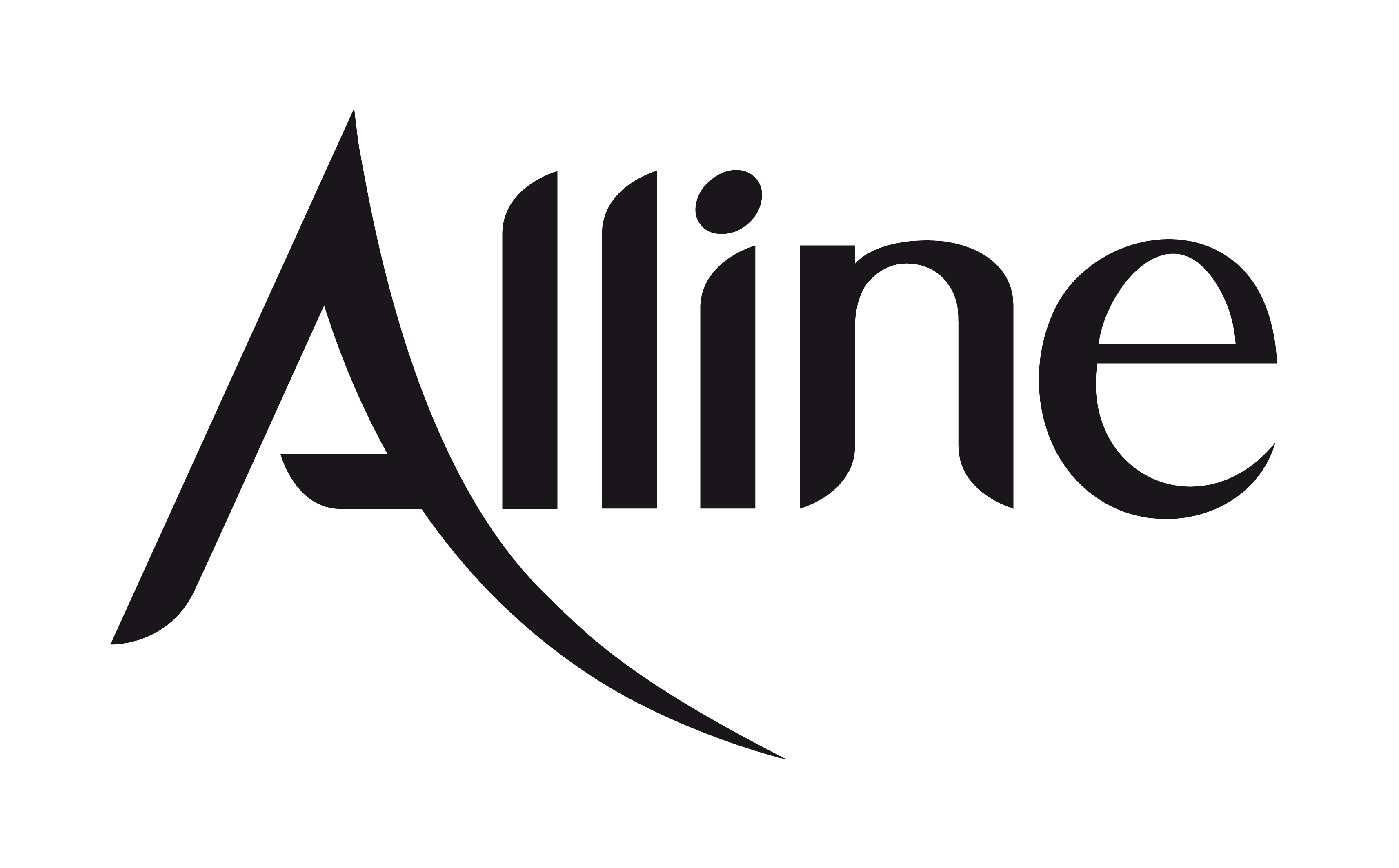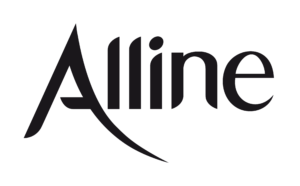
Why do we lose our hair after pregnancy?
Becoming a mother is a milestone in a woman’s life, both physically and mentally. Your hormones go through huge changes after giving birth and life can be hectic welcoming the new baby. Most women lose some hair in the first few months after giving birth, leaving many mothers wondering why. We take a look at hair loss after childbirth.
Almost all young mothers agree that hair loss after childbirth can be dramatic. Hair may come away in handfuls when brushing or stick to your hands when shampooing. What’s the explanation for this completely normal and temporary phenomenon1?
During pregnancy
Hormones have a positive effect on hair during pregnancy. Hair appears thicker, stronger and shinier. Hair loss actually slows down during pregnancy so your hair gets thicker. This is due to an increase in various hormones (progesterone, oestrogen, prolactin)2. Pretty cool, huh?
Yes… but after giving birth, oestrogen levels suddenly plummet. This can often make you lose a lot of hair all at once.
After childbirth
Hair loss tends to occur 2 to 4 months after delivery and is usually temporary. It takes about a year, right around baby’s first birthday, to get your pre-pregnancy hair back.
There are various reasons for this:
- Physical and psychological stress after childbirth
- Tiredness caused by giving birth and lack of sleep
- Hormonal changes
- Vitamin and mineral deficiencies
How can I reduce hair loss after pregnancy?

To give yourself the best shot, take a look at our tips for reducing hair loss after childbirth.
It may also be a good idea to take a dietary supplement like Alline procap. An innovative combination of vitamins that encourages hair to grow3,4 while also boosting volume and shine.
Alline procap combines bioavailable, natural keratin with 11 vitamins and 3 minerals. 2 capsules of Alline procap per day provide 100% of the recommended intake of vitamins and minerals.
Still breastfeeding? We recommend checking with your doctor before taking any dietary supplements.


